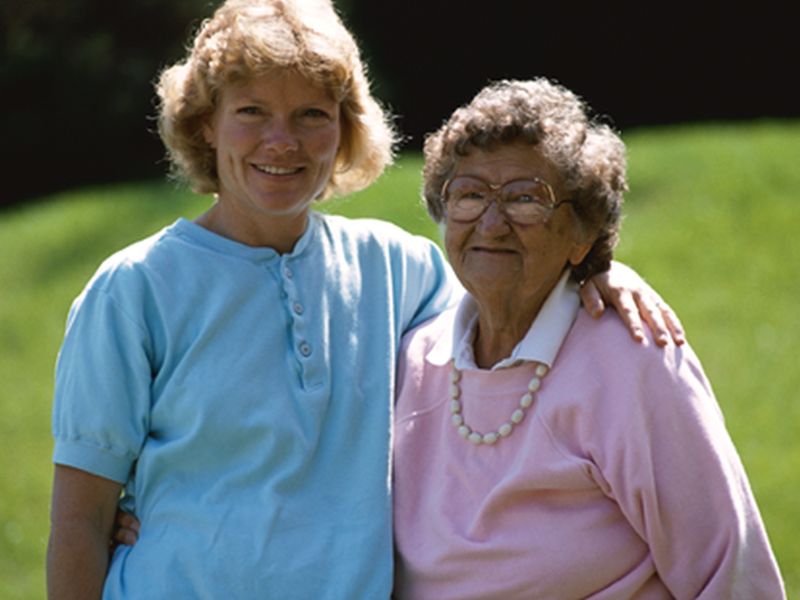Your Mom Plays a Role in Age at Menopause, Longevity

TUESDAY, June 18, 2019 (HealthDay News) -- For women, predicting when they'll reach menopause is anyone's guess. But if you want to get some foresight, you should ask your mother.
For most women, menopause begins at around 52. But for thousands of women it starts much later, and for some, a lot earlier. Those whose menopause starts later may also be looking at a longer life expectancy, researchers have found.
Smoking, chemotherapy and weight can affect the age when a woman's monthly periods stop.
But family history appears to be the most important factor, according to researchers led by Harold Bae, of Oregon State University's College of Public Health and Human Sciences. If your mother started menopause early, odds are you will, too, the investigators found.
In addition, "Genetic variants associated with later menopause have been found to be associated with longer life," said Dr. JoAnn Pinkerton. She is executive director of the North American Menopause Society.
"Although early menarche and total number of reproductive years have not been associated with slower aging, later menopause (longer reproductive potential) appears to be associated with slower aging," she said in a society news release.
For the study, Bae's team looked at several previously published studies. An analysis of the studies found that women who could have children after age 40 were four times more likely to live to 100 years or older. Women who had children at 35 or beyond were nearly two times more likely to live past 100.
The report was published online recently in the journal Menopause.
More information
For more on menopause, visit the North American Menopause Society.

The news stories provided in Health News and our Health-E News Newsletter are a service of the nationally syndicated HealthDay® news and information company. Stories refer to national trends and breaking health news, and are not necessarily indicative of or always supported by our facility and providers. This information is provided for informational and educational purposes only, and is not intended to be a substitute for medical advice, diagnosis, or treatment.

